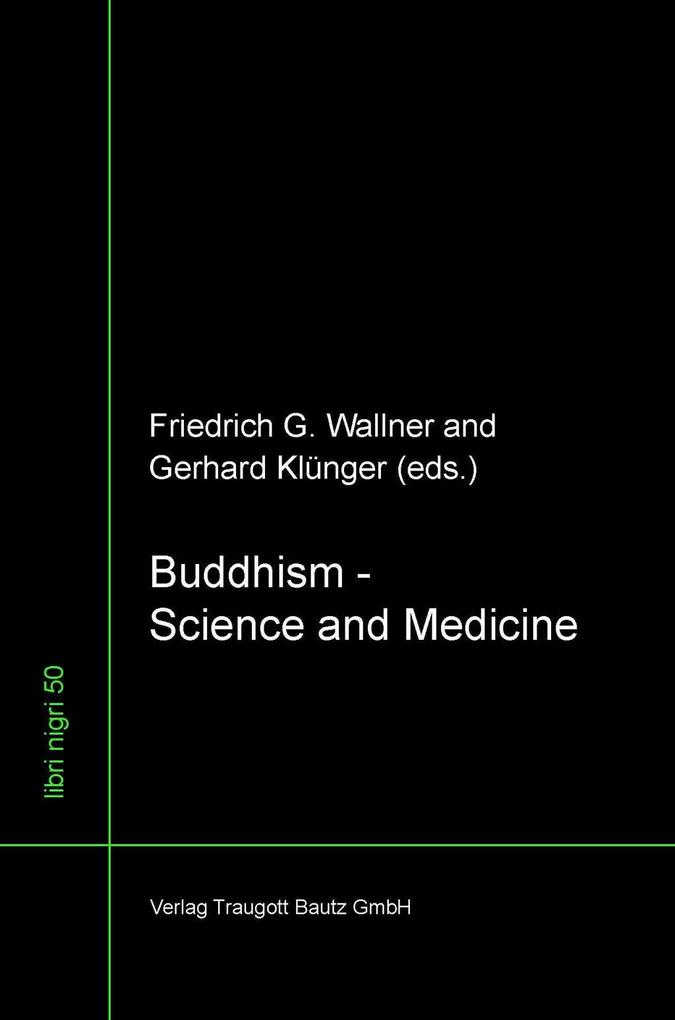Bücher versandkostenfrei*100 Tage RückgaberechtAbholung in der Wunschfiliale

Sofort lieferbar (Download)
The European structure of thinking has led us into an ecologic and economic crisis that is going to destroy nature and social structures. In this situation the thinking structure of Buddhism is very interesting and helpful because it reveals the fundamental presuppositions of European thinking as fictions: the separation between consciousness and world, theory and practice, the real and the sense (meaning), the transitory and the eternal.
o The frame of the mind is the condition of the world.
o The Eightfold Path is not normative ethics.
o Buddhism grounds on instability, therefore, we cannot assume that something remains eternally unchanged.
o The frame of the mind is the condition of the world.
o The Eightfold Path is not normative ethics.
o Buddhism grounds on instability, therefore, we cannot assume that something remains eternally unchanged.
Inhaltsverzeichnis
Table of Contents
Friedrich Wallner und Michael Franck (University of Vienna)
How Buddhist Philosophy can help us to identify the cultural sources of our global crises
Somparn Promta (Department of Philosophy, Chulalongkorn University)
Enlightened Life
Integration of Buddha's Teaching and Biology
Sumalee Mahanarongchai (Thammasat University, Bangkok)
The Mind's Facticity and the Rise of Disease
Nicole Holzenthal Intersophia (International Network of Philosophical Studies, University of Oviedo (Spain))
How do cultural presuppositions influence sciences?
Illustrated by means of the Western distinction: phenomena/something behind in genetics
HASHI Hisaki (Department of Philosophy, University of Vienna)
The Theory of 'Between' - 'Transmission' - 'Intra-Relation'
Toward the Cognition of the Universal Truth in Huayen- and Zen Buddhism
Pataraporn Sirikanchana (Thammasat University and Buddhist World University, Bangkok)
Phra Brahmagunabhorn (P.A. Payutto)'s Exposition of Buddhist Teachings and Practices for Health Care
Gerhard Klünger
Buddhas "Noble Eightfold Path" in its Western Interpretation as a Means of Mental Health
Helmut Reinalter (Leopold-Franzens-Universität Innsbruck)
Globale Ethik
Weltethos und Buddhismus
Tavivat Puntarigvivat (Institute of Research and Development of the World Buddhist University)
Buddhism and Psycho-Analysis
The Teachings of Luangpor Teean
Christine Korischek (Sigmund Freud University)
Chanmi Qigong Practice
A Subtle Process of Change
Andrea Riegel
The Yijing - a Main Source for Chinese Medical Theories
Günter Gunia (Universität Potsdam)
Buddhistische Perspektiven in der Akupunktur
Friedrich Wallner und Michael Franck (University of Vienna)
How Buddhist Philosophy can help us to identify the cultural sources of our global crises
Somparn Promta (Department of Philosophy, Chulalongkorn University)
Enlightened Life
Integration of Buddha's Teaching and Biology
Sumalee Mahanarongchai (Thammasat University, Bangkok)
The Mind's Facticity and the Rise of Disease
Nicole Holzenthal Intersophia (International Network of Philosophical Studies, University of Oviedo (Spain))
How do cultural presuppositions influence sciences?
Illustrated by means of the Western distinction: phenomena/something behind in genetics
HASHI Hisaki (Department of Philosophy, University of Vienna)
The Theory of 'Between' - 'Transmission' - 'Intra-Relation'
Toward the Cognition of the Universal Truth in Huayen- and Zen Buddhism
Pataraporn Sirikanchana (Thammasat University and Buddhist World University, Bangkok)
Phra Brahmagunabhorn (P.A. Payutto)'s Exposition of Buddhist Teachings and Practices for Health Care
Gerhard Klünger
Buddhas "Noble Eightfold Path" in its Western Interpretation as a Means of Mental Health
Helmut Reinalter (Leopold-Franzens-Universität Innsbruck)
Globale Ethik
Weltethos und Buddhismus
Tavivat Puntarigvivat (Institute of Research and Development of the World Buddhist University)
Buddhism and Psycho-Analysis
The Teachings of Luangpor Teean
Christine Korischek (Sigmund Freud University)
Chanmi Qigong Practice
A Subtle Process of Change
Andrea Riegel
The Yijing - a Main Source for Chinese Medical Theories
Günter Gunia (Universität Potsdam)
Buddhistische Perspektiven in der Akupunktur
Mehr aus dieser Reihe
Produktdetails
Erscheinungsdatum
16. Oktober 2015
Sprache
englisch
Seitenanzahl
238
Reihe
libri nigri, 50
Herausgegeben von
Gerhard Klünger, Friedrich G. Wallner
Verlag/Hersteller
Kopierschutz
ohne Kopierschutz
Family Sharing
Ja
Produktart
EBOOK
Dateiformat
PDF
ISBN
9783869458311
Entdecken Sie mehr
Bewertungen
0 Bewertungen
Es wurden noch keine Bewertungen abgegeben. Schreiben Sie die erste Bewertung zu "Buddhism - Science and Medicine" und helfen Sie damit anderen bei der Kaufentscheidung.

































